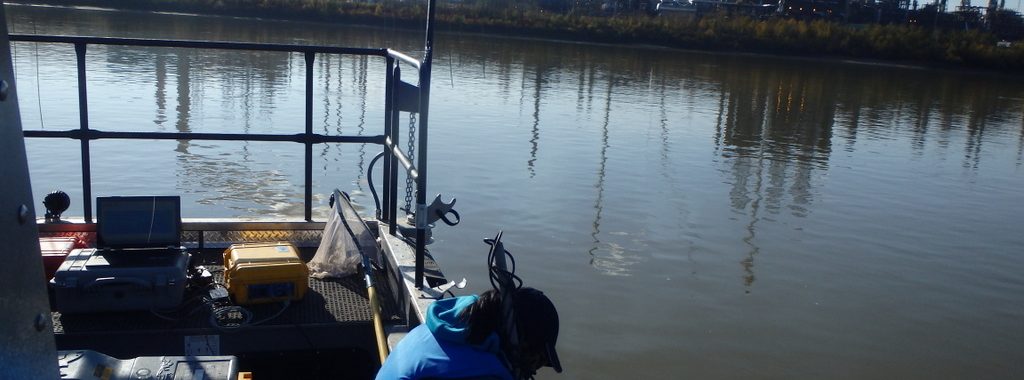Abstract:
Canada is a country rich in natural resources. Given the importance of both resource extraction to Canada’s economy and freshwater fishes, I synthesize available information to assess Canada’s ability to monitor the impacts of tailings ponds to freshwater fishes. Using widely available data, I found that current monitoring activities can only assess large effects to freshwater fishes. These results suggest that environmental monitoring may fall victim to the ‘shifting baseline syndrome’, where contemporary changes to freshwater ecosystems are compared to relatively recent time periods after which impacts may have already occurred. I then use the example of recent tailing pond failures in western Canada, among the worst in North American history, to describe the inherent risk of tailings pond structures. Unlike oil tanker spills, the rates of tailing spills have significantly increased in the past few decades, the majority from faulty infrastructure. With over one billion cubic meters of tailings held in containment systems covering 110 km 2 in the oil sands region, I use the Obed and Mount Polley as a cautionary tale of the risk of failing pond infrastructure. Finally, I provide a contemporary perspective on how to improve the monitoring of Canada’s tailings ponds. I highlight the need for consistency in regulatory and monitoring approaches, the need for an engaged citizenry, and the use of fisheries
professionals, as means of improving environmental monitoring activities.
Citation: M. S. Poesch. (2023) Assessing the Potential Risks of Tailing Ponds Failures to Aquatic Ecosystems in Canada. In Perspectives in Canadian Fisheries, Cooke, S. , Hasler, C., Mandrak, N.E.M. and J. Imhof (eds.). American Fisheries Society, Bethesda, MD, USA
Also Read:

